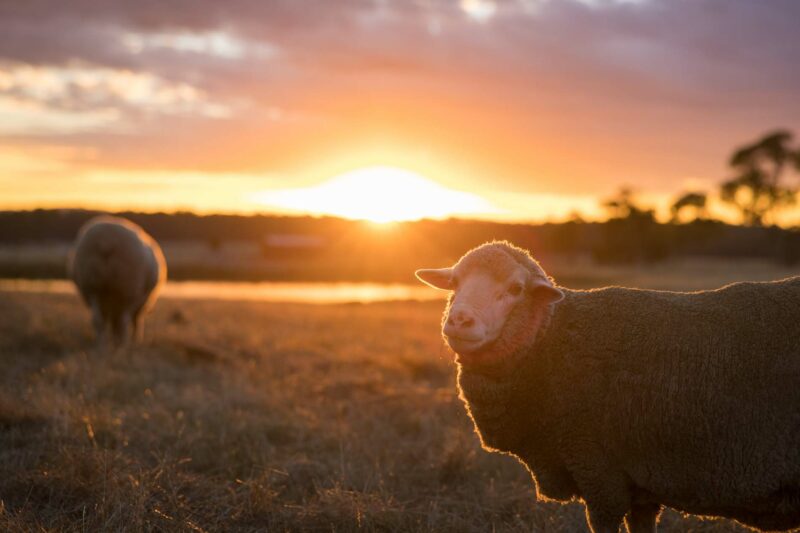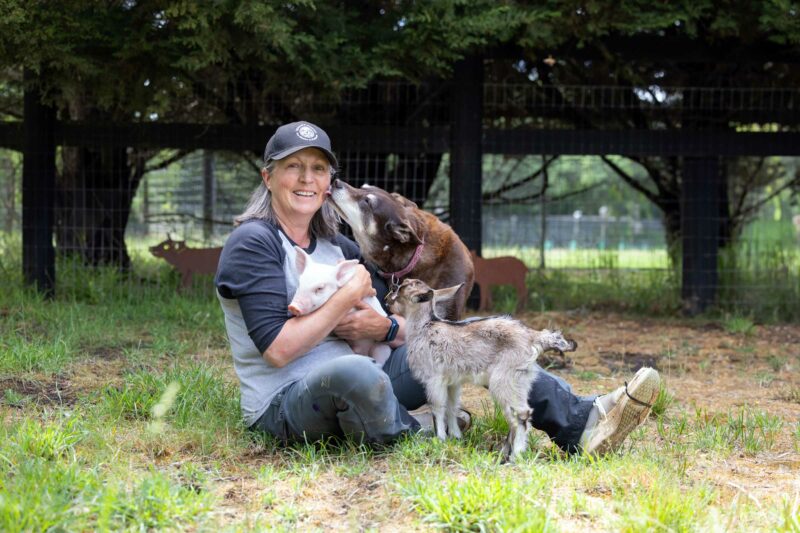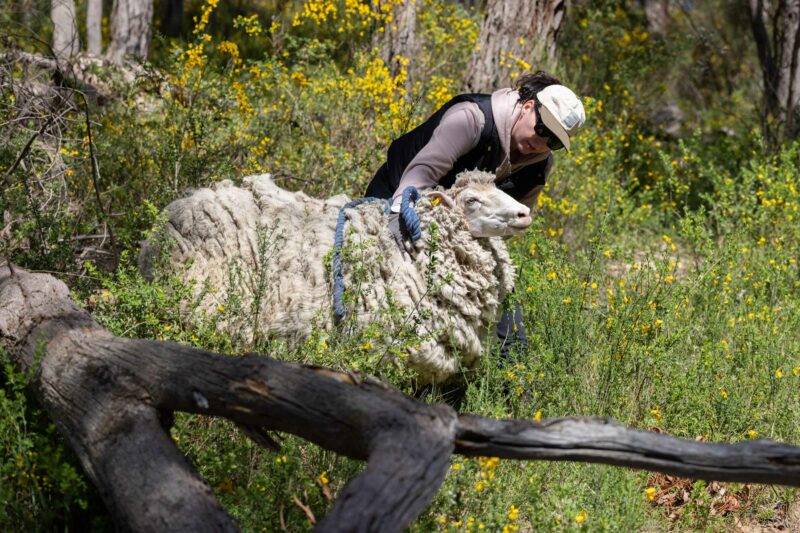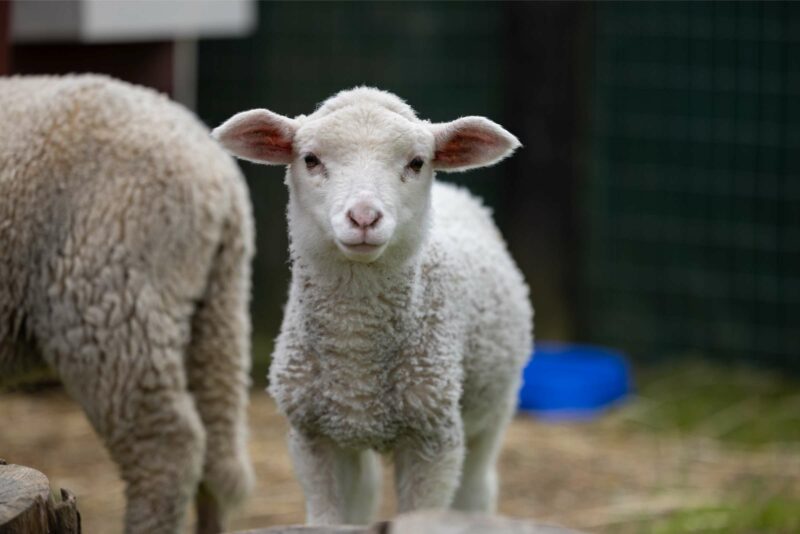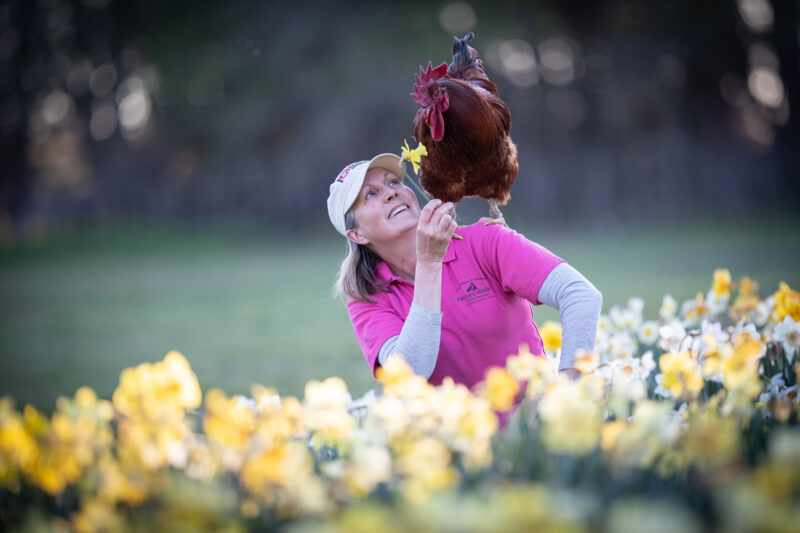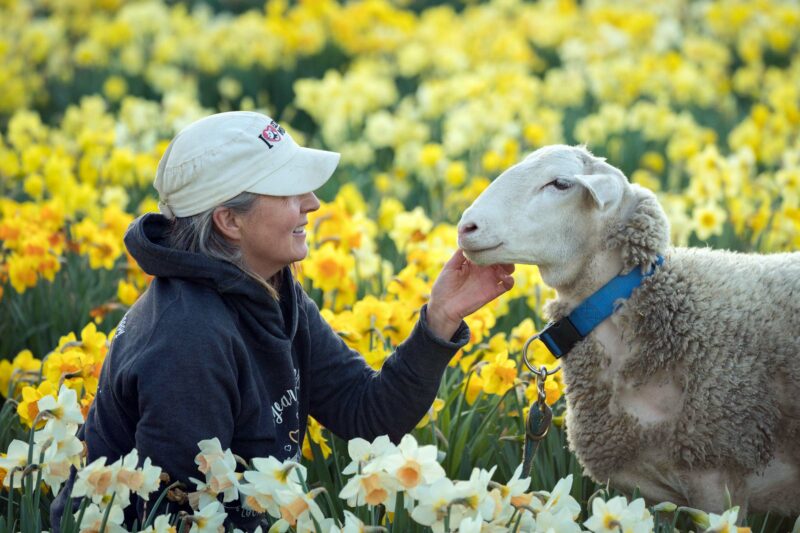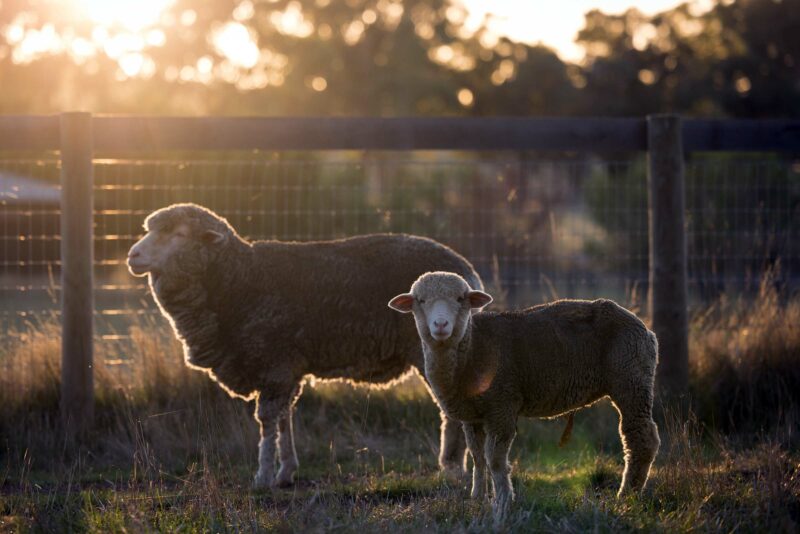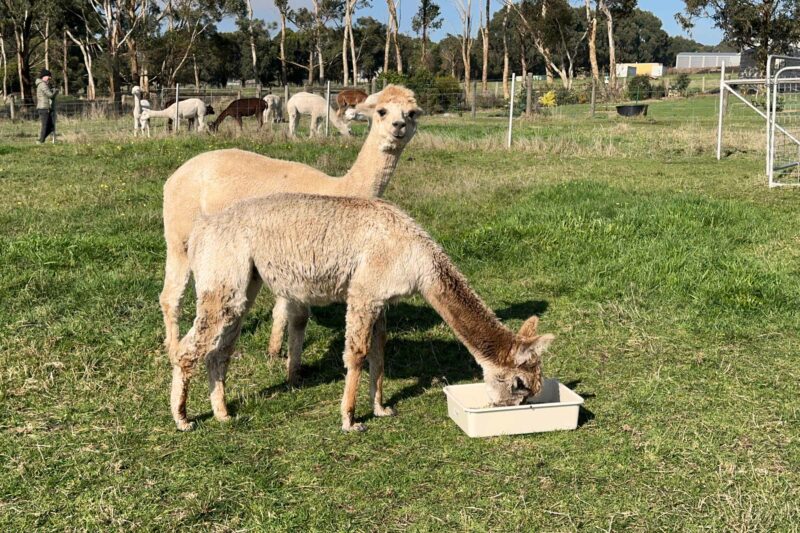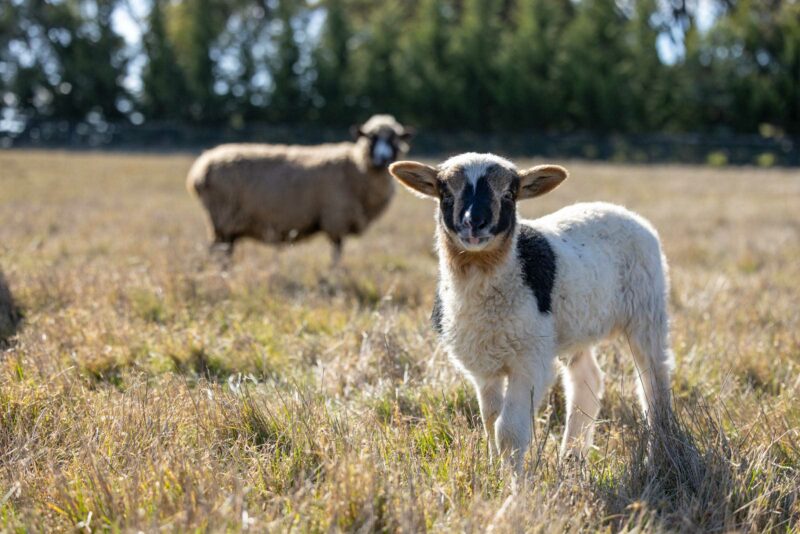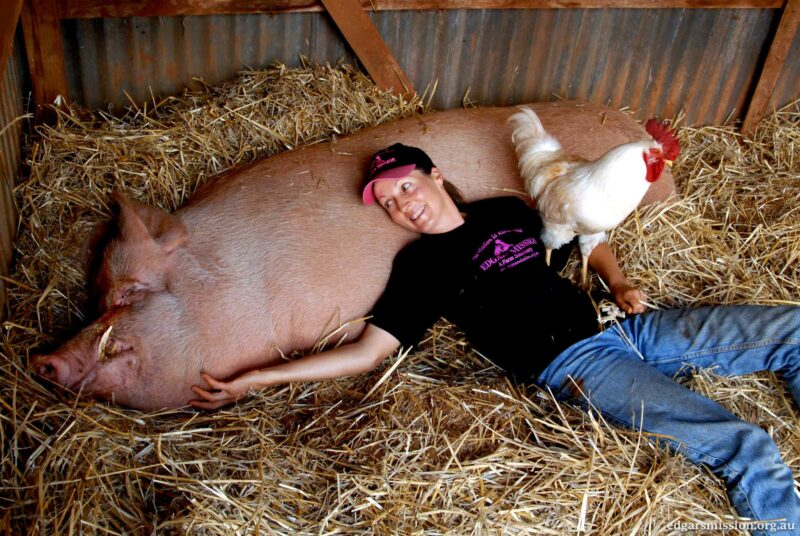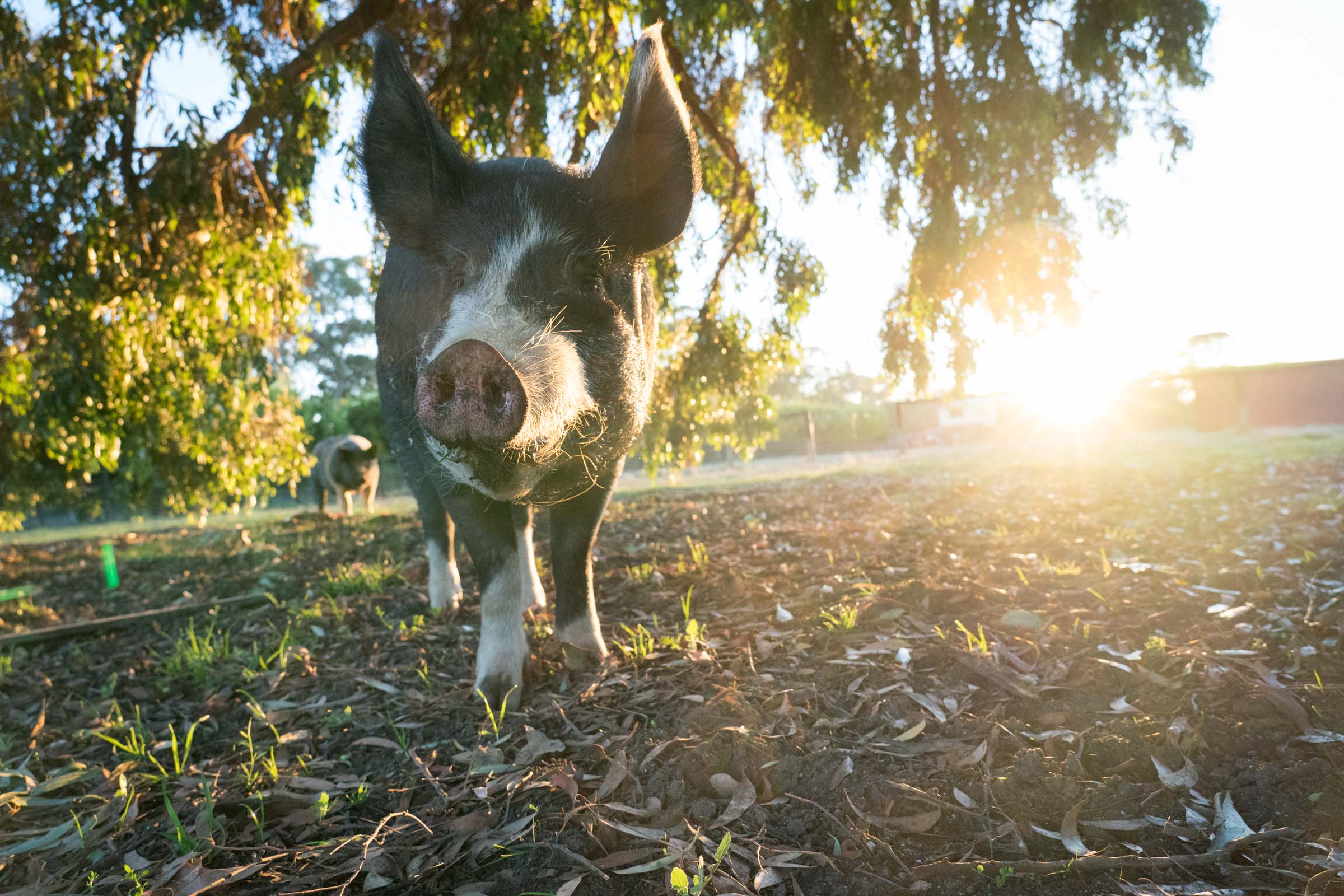
Jimmy Mourns
As 2019 was set to hand the baton to 2020, this usual cause for celebration was overtaken by one of the worst catastrophes to darken Australian shores. As bushfires mercilessly raged across much of south-eastern and southern Australia, heartache and ash rained down across our wide brown land.
Knowing no borders or kindness, the tsunami of wicked flames toppled homes and habitats, decimating irreplaceable forests, destroying towns and attempting to do the same to tight-knit rural communities – but they are tough and resilient, those country folk. And animals, the beautiful animals both native and domestic, each one as precious as the next. Many vulnerable and endangered species were to be pushed even closer to that irrecoverable brink. The lives of so many innocent victims were whipped up in this apocalyptic world, only to be tossed down dead or alive in the aftermath, leaving crippled hearts in its ash-filled and smoky wake.
Jimmy and Katy were just two caught up in this. They were two much-loved rescued pigs who had found sanctuary in New South Wales, and who had, tragically and ironically, been moved to safer ground as fire threatened their home. It was a home to which ultimately only one would return, dear Jimmy. Jimmy’s tale of escaping the fiery inferno played out not only in his life but in the lives of all those who read his tragic tale some days later, so hauntingly and poignantly penned by his human Danielle Celermajer. Such was Celermajer’s heartfelt portrait of grief, heartache and with it just a tiny glimmer of hope, that the story was shared nationally and internationally. Thousands of times. And each time it did it gave the reader a unique insight into the world of pigs, leaving them without a shadow of a doubt that pigs feel grief too, and just like we humans, in their own unique way.
Jimmy’s pain was both visceral and real. The pain of experiencing the wrath of that Armageddon world, its smothering darkness that turned day into night and night into something more sinister again, the confusion, the smoke, the infernal noise, the screams of Katy and his own. We are right there with hypervigilant Jimmy as he looks desperately for his beloved Katy, once returned home, hoping beyond hope that here he would find her. But only to halt at the reality he would not ‒ that she had not emerged, like he had, from the other side of the flames. We ponder in empathy “do her desperate screams still haunt his dreams?” We don’t know; what we do know, though, the conclusion our hearts lead us to, is Jimmy’s sense of loss for a companion and the world he once knew.
Celermajer’s so widely circulated words lifted the veil on the rich and emotional world of pigs, allowing so many who had never considered their lot before, to step, however momentarily, inside. We could see it raw ‒ an animal in pain and in grief ‒ and be moved to the irrevocable thought that the line that separates us from them is both permeable and arbitrary. And for those already aware of those things, to be even more enamoured to champion the cause of pigs.
What Jimmy and Katy went through was tragic, but it was not planned, it was not preordained, quite simply it was never meant to be. In fact, Jimmy and Katy’s human went to the greatest of lengths to shield these two from harm. Yet what happens daily to equally sensitive, intelligent and personable pigs, just like these two, is as heart-breaking as it is planned and profitable. Placing them deliberately in harm’s way, separating mothers from their babies, disrupting social groups and ultimately claiming their lives … and every inch of the way it is legal. So, will the bushfires reshape our thinking about farmed animals? To be honest, I think not; whilst beloved cats and dogs where bundled up in family cars as people fled, and wildlife raced to find safer ground, fences stopped the very efforts of farmed animals to protect their lives and those of their loved ones, and that their passing was to measured and mourned in economic terms speaks volumes.
And just Monday of this week we learned of a tragic fire at a piggery in South Australia that claimed the lives of more than 1,000 individual pigs. Pigs who were confined and trapped inside a shed, who stood little chance to flee, despite the fire occurring during the day. The fire was reported to have a damage bill of $1 million. For those hapless victims there were no knitted jackets to help them recover, no rescue volunteers sent in to assist and no cries of “we must do better”, despite the fact that we should.
For many, breaking free of past ways of thinking that has commodified animals is as difficult as it was for those animals to escape those fences and sheds which confined them. So, here is where the power of sanctuaries comes into play. Telling stories of hope and happiness amongst the hell that has become the lot of so many farmed animals. Stories like that of dear Carol, a sweet Berkshire breeding sow who found herself heavily pregnant and abandoned in a pound one Christmas. If bringing Carol to safety and sanctuary was to be one of the most joyous days of my life, hearing her sing to her babies was to be one of the most moving. There was no doubt Carol loved those tiny, shiny, piglets, and I remember watching her lay ever so carefully down in a bed of soft golden straw, something she had probably never before done, and thinking of the countless “production” sows who, with no other choice, would inadvertently crush their babies. How tragic it must be for those poor mothers to hear those cries and not be able to do a thing in the world to stop it – mothers trapped in areas so small, and bodies so anatomically altered, that they cannot help but do so. I recall the contrast on the faces of those dear mothers, ones filled with a sense of hopelessness and despair, some of whom had given up, overcome by the sense of learned helplessness that had become them, mothers trapped by even more than metal bars – trapped as well by a way of social thinking and legislation that said they deserved no more.
Carol exercised the utmost care, nuzzling the straw as she prepared her bed, announcing she was about to lay, and doing so with the utmost of control, lest one of those cheeky monkeys slink underneath her.
Her babies ‒ Cookie, Candy and Kris Kringle ‒ were so named after the festive time of year in which they arrived; they were joined shortly thereafter by a most handsome and now castrated boar we named Waffle, who, we believe, is the father of the trio. Now, when Waffle arrived at the sanctuary, we wrote a tale about him called the Saddest Pig ‒ a title his mournful face and nervous body dictated. However, looking at him today, with his Carol and their kids by his huge black and white side, his life is now full of meaning and purpose, and yes, that is a wry little smile on those porcine lips that you see. He quickly took to “minding” the kids whilst Carol took herself off to wander the fields at peace and in her leisure. This nursery-style arrangement played out in a language the pigs clearly understood and which we could only be humbled to observe. And today, with the kids’ growing almost complete, it is Waffle and Carol who are found together in their straw bed whilst the youngins’ are off playing down the hill, only returning up the hill for mealtime. The lives of Carol, Waffle, Cookie, Candy and Kris Kringle are quite simply remarkable. Remarkable for their similarity to ours.
The great tragedy for pigs is that we humans have done so much to separate ourselves and our lives from theirs and within that distance has come a comfort for us that is a very uncomfortable reality for pigs. Helping keep them there are the derogatory and so factually incorrect expressions that have entered our lexicon and are so often and thoughtlessly tossed about: stupid pig, fat pig, greedy pig, filthy pig and even sweat like a pig. Pigs are most certainly not stupid, just ask our Albert Einswine, the first pig who determined how to operate our piggy showers. And pigs are by nature not fat; they are if anything streamlined and agile, yet the way commercial farms set out to industrialise their lives has seen them bred for exponential grow in hideously disproportionate ways. Greedy pig too is a misnomer. Pigs are quite delightful connoisseurs of food, given the chance, and when not having to compete with their conspecifics. They are, in fact, glorious and fun to watch whilst eating. Pigs will savour each delicious mouthful with the same gastronomic relish I devour chocolate. I well recall dear Edgar as he would eat his evening meal, one scrumptious bit at a time. I would gently place a piece of food in his mouth, announcing its name all the while – carrot, apple, zucchini (actually no, he didn’t like zucchini and would promptly spit them out least I tried to slip one in), pear, pumpkin, ‒ and he would raise that glorious and grand head of his as skyward as he could, and slowly chew and chew and chew. Filthy pig, well few things could be further from the truth about pigs. They are without a doubt the cleanest animals I have ever met; I swear I would get ten years or more back of my life if the horses in my care had been half as clean as the pigs! Pigs, given the chance, will never urinate or defecate where they sleep. We have a bit of chuckle at Edgar’s Mission about this; you see the farthest corner away from their sleeping abode is where the human entrance to Piggy Paradise is. And it is here you will find their ablution block in all of its pig poop glory. There is no smell from their sleeping area other than the sweet smell of happy pigs. A sad testament to the cleanliness of pigs is the propensity of sows in sow stalls ‒ those hideous, yet still legal metal prisons that deny these highly intelligent animals the ability to even take a step forward ‒ to suffer bladder infections due to their reluctance to drink lest they urinate where they are to sleep. How have we come to be so cruel? Now, pigs do like to get down and roll in the mud, that’s true and for good reason. With no effective sweat glands to help cool them, the hapless animals would simply overheat. And sadly, they so often do on hot days in transport trucks or on factory-like farms. The mud, glorious mud, too provides a natural sunscreen and dermabrasion at the same time, and no extra cost!
While sanctuaries such as Edgar’s Mission can only rescue the tiniest fraction of the number of farmed animals, in doing so we give people the opportunity to get know these animals as the unique individuals they are. People often ask me to tell them about pigs, and I say, “which one?”, because they are all so incredibly different! However, in telling their stories, and even in simply giving them a name, we bring to life their experiences and tell that their lives matter, to them and to us. Moreover, it demonstrates that they are far more, so much more, deserving of our moral consideration than our society has afforded them. And I can attest that when people come to see pigs in sanctuary settings, it only increases their empathy and compassion for them.
For too long, our relationship with pigs has been one of convenience and contradiction. There is no doubt they experience emotional states, and express them in ways so often visibly similar to our own; they tremble in fear, they squeal with joy and delight, they show great curiosity for the world around them, they love their babies, they seek shelter and shade from the elements, they run with outrageous wanton abandon just for the sheer hell of it, and above all else they daily inspire me to simply want to make the world a kinder place for them.
Did you know that when it comes to the major brain areas that are implicated in emotional states and processes, there is little that separates ours from that of pigs? These are areas that are evolutionarily older than those involved in speech. Charles Darwin informs us that in that evolutionary tree of life, we share the same roots. We humans have simply taken a different branch.
And when I think of Jimmy, as he puts his troubled world together, I am reminded that in love, loss and grief, the things that infuse our very being, we are the same, too; the fact that Jimmy mourns means we should too, for all that we have done to his kind. And the only salve we have that can help us all heal is kindness.
The above speech was delivered at the Melbourne Pig Save Rally on 07/03/20
